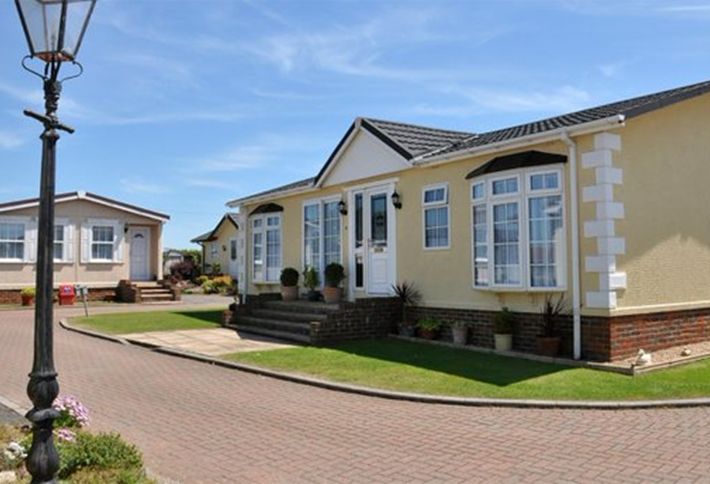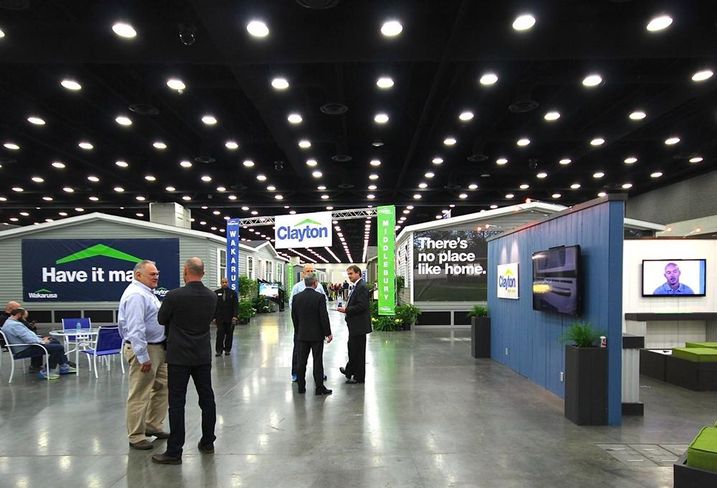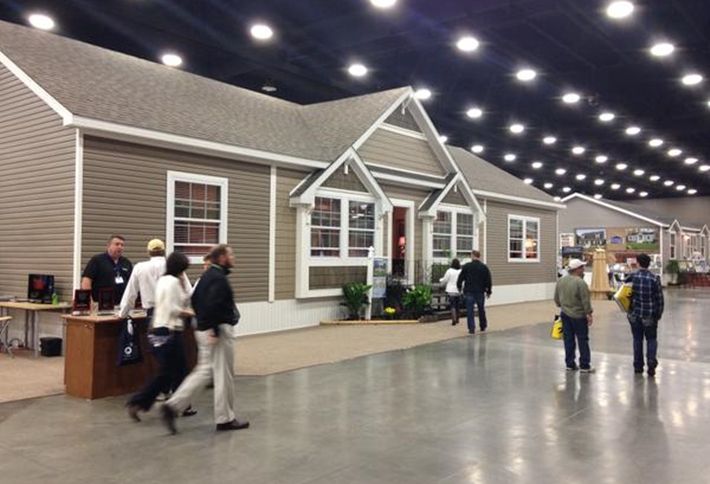Why You Need To Be Paying Attention To Manufactured Housing In 2016
Manufactured housing occupies a unique position in the industry. Although not as grand as a supertall multifamily tower or massive mixed-use, the industry ha gained ground in the last few years. According to Hunt Mortgage Group commercial real estate loan originations VP Carl Pankratz (below), manufactured housing has evolved considerably, and taken a great deal from apartment communities and other larger-scale properties. These days, it’s not unusual to see a manufactured space with fireplaces, greenspace amenities, valet trash pickup, high-quality materials and other apartment amenities.

But Carl says the true appeal of manufactured housing communities (MHCs) to investors lies in a recent development. Last year, as government-sponsored enterprises like Fannie Mae and Freddie Mac approached spending caps, they sought products to exclude. With affordable and workforce housing always a priority, MHCs were excluded, and quickly became attractive from a lending perspective, as they were non-recourse and carried competitive pricing and loan-to-value levels.
With these changes still in play, MHC lending will continue to ride high in 2016. MHC owners who previously only used CMBS—which will have its own trends this year—will be able to utilize Fannie and Freddie, which have been ramping up their involvement in MHCs.
“A lot of three star parks with solid operators, paved streets, off-street parking and/or an on-site office are being quoted at great terms by Freddie,” Carl tells Bisnow. “And as Freddie’s moved away from the 50% requirement for double wide pad sites, this has really opened up communities to this financing option. Fannie Mae will likely follow suit with changes this year that will also help facilitate more MHC financing in 2016 and beyond.”
Fannie and Freddie's involvement could not only lead to competitive pricing (in comparison to community banks and CMBS), but also lead to better proceeds, helping MHC owners out of bad debt.
On the other hand, Carl says the market for financing affordable chattel continues to be lacking, presenting a challenge to community owners and consumers who need financial assistance and making it difficult to bring in new inventory or sell existing homes. And even though many MHCs have financing arms, smaller operations don’t have the capital to fill in their sites. Unless this is properly addressed by a lender or financing source, this could continue to be a huge hindrance.
For those interested in financing manufactured housing, Carl gave Bisnow his insight into what makes an MHC worth lending to: “It really is fact-specific. You’ll need an experienced sponsor with multiple parks to have a great appeal. You’ll typically want to look for paved streets, an on-site office, no chain link fences, off-street parking, no more than 25% of the homes owned by the park, and an amenity package competitive in the marketplace.”
He even gave his list of manufactured housing hot spots, saying the West Coast, Michigan, Florida and the South will continue to be the biggest for MHC, but urban areas could see a rise in manufactured housing, since affordable housing crises continue.
Carl says the fact 100% of MHC financing is excluded from the GSE’s spending cap will make manufactured housing a heavily sought product type to lenders in 2016, and there will be equal demand from those who can’t afford single-family residences or are looking for zero-maintenance lifestyles. But until the issues surrounding chattel financing are fixed, the industry may struggle and alternative solutions will continue to be needed.
To learn more about our Bisnow partner, click here.




